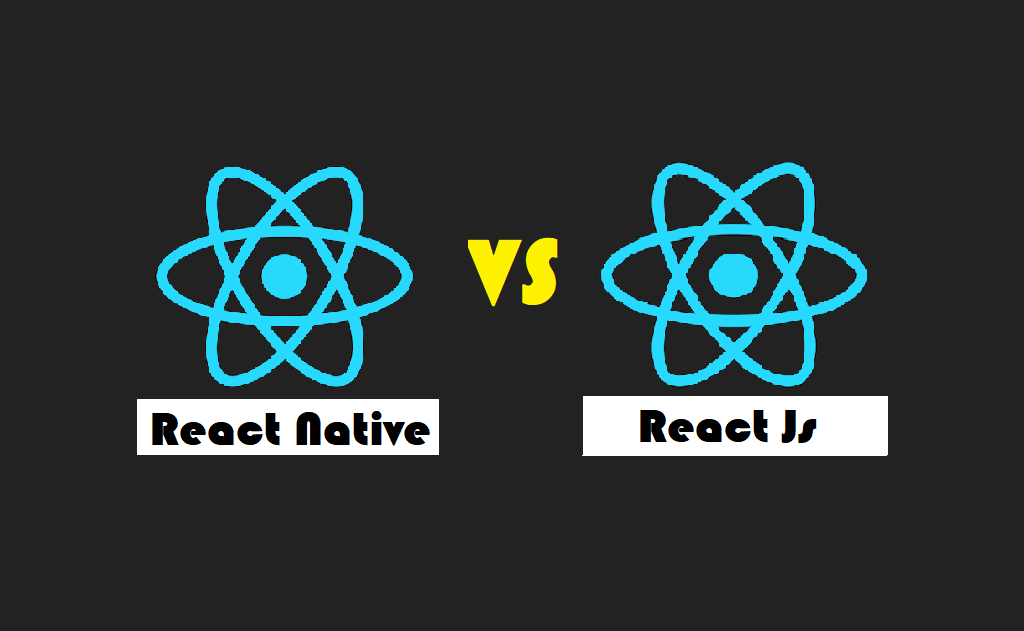React Native vs React JS: Expert Guide On Choosing the Right One

React Native vs React JS, have you ever tried this comparison in your mind? React Native and React JS are both JavaScript libraries in the development world, but with distinct purposes and strengths. Deciding which one suits your project best can be tricky. This guide discusses the key differences, pros, and cons of each to help you make an informed choice.
React Native vs React JS:
React JS: Best Friend for Web Developers
What it is:
A library for building dynamic, single-page web applications (SPAs). SPAs load once and update content without full page reloads, offering a seamless user experience.
What it’s used for:
Crafting interactive web interfaces for social media platforms, e-commerce stores, online dashboards, and more.
-
Pros:
- Thriving Community: Benefit from a vast community for support and resources.
- Expansive Ecosystem: Choose from a wide range of libraries and tools to enhance your project.
- Development Speed: Hot reloading and virtual DOM accelerate development.
- SEO-Friendly: Achieve better search engine visibility for your web app.
-
Cons:
- Web-Bound: Limited to web development, it can’t build native mobile apps.
- Library Reliance: Complex routing and state management often require additional libraries.
- Browser Compatibility: Inconsistent browser support can sometimes pose challenges.
Also Read: How To Use Kenba: Unleashing the Power of Kotlin Development
React Native: Go Native, Go Cross-Platform
What it is:
A framework for building native mobile apps for iOS and Android. It utilizes JavaScript code for the UI, then compiles it into native code for each platform, ensuring near-native performance and look and feel.
What it’s used for:
Creating cross-platform mobile apps for diverse purposes, from games and social media to enterprise tools and utilities.
-
Pros:
- Code Reusability: Write code once, deploy on both iOS and Android, saving time and cost.
- Native Power: Access native device features and APIs for an authentic mobile experience.
- Community Support: A growing community offers ample learning resources.
-
Cons:
- Learning Curve: Harder to learn than React, especially for new mobile developers.
- Performance Limitations: Complex apps might encounter performance limitations.
- Debugging Challenges: Native compilation can make debugging more difficult and complex.
Making the Choice: Consider Your Needs
Now, the million dollar question: which should you choose?
-
Choose React JS if:
- Your project is web-based.
- SEO is a top priority.
- You value a large, established community and ecosystem.
-
Use React Native if:
- You need a mobile app for both iOS and Android.
- Native performance and look and feel are crucial.
- Code reusability across platforms is a significant advantage.
Conclusion:
React native vs react js is not even a thing. Both of them have their own working and specialities in their respective fields. Both are used for developing different things. Remember, the best choice depends upon your specific project requirements and priorities. Read the pros and cons carefully, and please deeply study each technology’s documentation and community resources for further clarity. Happy developing!


